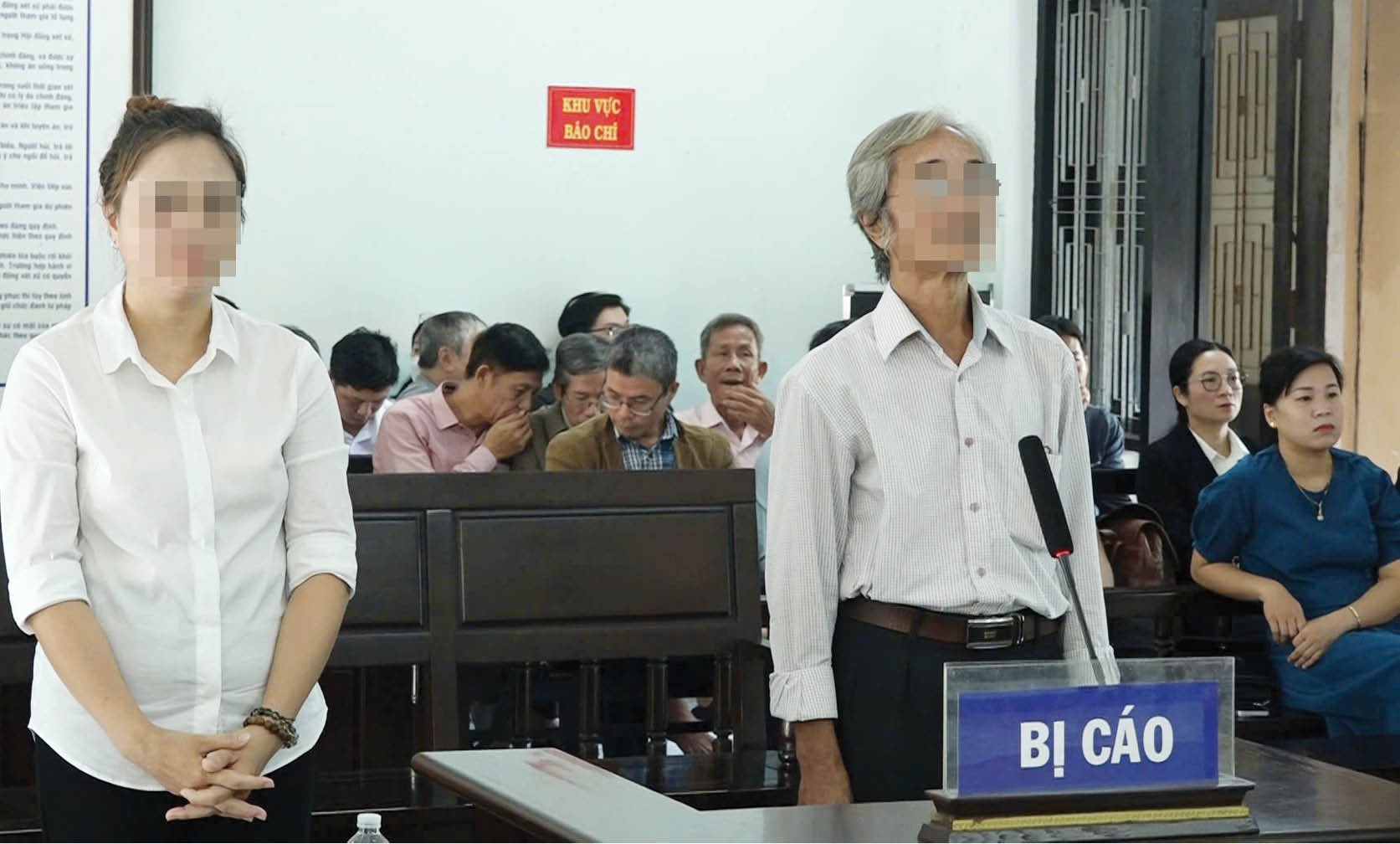 |
| Hue City People's Court tried the defendants, former officials of the Center for Information Technology, Natural Resources and Environment. |
In early April 2025, the Investigation Agency of the Supreme People's Procuracy issued a decision to prosecute and an arrest warrant to temporarily detain Le Thi Phi Khanh to investigate the crime of "Embezzlement of property". Khanh is an accountant in the enforcement profession of the Civil Judgment Enforcement Department of Hue City.
According to the investigation of the authorities, Le Thi Phi Khanh falsified documents, including payment orders and execution decisions; then transferred the documents to the Treasury's public service portal, taking advantage of the trust of the agency's leaders to sign and approve the payment orders.
Khanh's illegal acts were so serious that he dared to create fake documents and scan the leaders' signatures into the documents; after creating fake documents, he created payment orders on the computer and uploaded them to the public service software. Then, taking advantage of the agency leader's negligence, the subject entered the office of the agency leader, opened public services on the computer and then took the leader's digital signature to approve the payment orders.
With the above acts, the amount of embezzlement by Khanh is very large, when discovered it was more than 5.7 billion VND. Khanh's violations lasted from 2021 to 2024 and were committed 18 times, until the beginning of April 2025, the subject was prosecuted and arrested.
Not long before, the People's Court of Hue City held a trial of two defendants, Nguyen Vinh Linh, former director, and Nguyen Nhu Quynh, former chief accountant at the Center for Information Technology (IT) of Natural Resources and Environment, under the Department of Natural Resources and Environment (now the Department of Agriculture and Environment) for the crimes of "Embezzlement of property" and "Violation of accounting regulations causing serious consequences".
Linh and Quynh were assigned to update the GIS database of natural resources and environment. Both of them created and signed 5 fake contracts, along with contract liquidation acceptance minutes and documents that were not true to reality to withdraw nearly 200 million VND from the budget.
During the process of collecting and disbursing money from performing services for construction projects at the agency, Linh directed Quynh to complete procedures to pay 70% of the revenue for labor, but in reality, only 30% was paid; the remaining difference, equivalent to about 40% in 3 years, was more than 3.3 billion VND. With this amount, Linh directed Quynh to transfer nearly 330 million VND into her personal account. In addition, Linh also asked Quynh to use this money for the wrong purposes many times.
The total amount of money that Nguyen Vinh Linh and Nguyen Nhu Quynh embezzled and appropriated was more than 492 million VND; of which, Linh appropriated more than 452 million VND. The acts of creating fake documents outside the accounting books, paying for diplomacy, gifts, paying commissions to investors, etc. caused a total loss of nearly 1.2 billion VND. In this case, the head of the agency and the chief accountant colluded with each other, so the violation took a long time to be discovered.
A common point pointed out for the recent violations of “Asset Embezzlement” is that it is difficult to detect violations. Violators with positions and powers in the agency often find ways to conceal their criminal acts. Because the signs of violations are not detected early, when discovered, the embezzlement of assets is too large, it is impossible to correct and adjust in time, but must be transferred to the level of prosecution. In addition, people in the agency, especially superiors, are lenient and lack determination in resolving embezzlement cases, leading to some subjects being subjective, not correcting and continuing to violate.
To prevent embezzlement of assets among officials, competent authorities need to strengthen inspection and supervision, proactively grasp the situation of agencies and units, focusing on complex areas and areas where violations are likely to arise, such as: Financial management, land use, resources, minerals, forest management and protection, personnel work... When signs of violations are detected, they need to be handled promptly to avoid large-scale violations. Agency leaders need to be impartial in handling officials who show signs of violations. Along with that, each official must also equip himself with courage, not violating regulations for the sake of benefits, and then getting caught up in the law.
Source: https://huengaynay.vn/chinh-tri-xa-hoi/phap-luat-cuoc-song/toi-tham-o-tai-san-can-som-duoc-ngan-chan-153078.html







![[Photo] Crane falls on container truck and car at traffic construction site](https://vphoto.vietnam.vn/thumb/1200x675/vietnam/resource/IMAGE/2025/5/31/a8d3ae08da324cfe8ee406174c0eacc4)
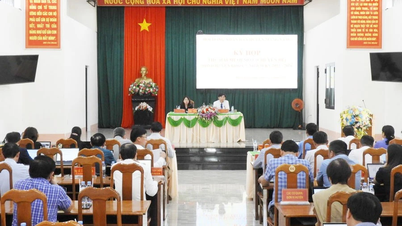














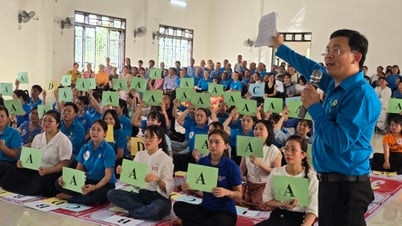








































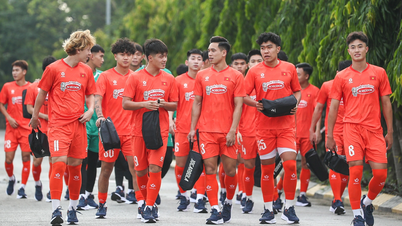







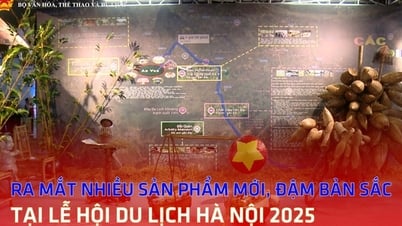
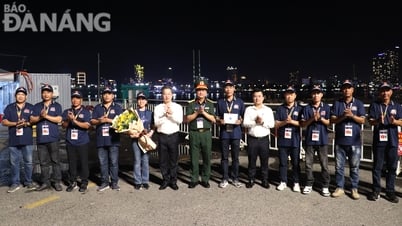
















Comment (0)